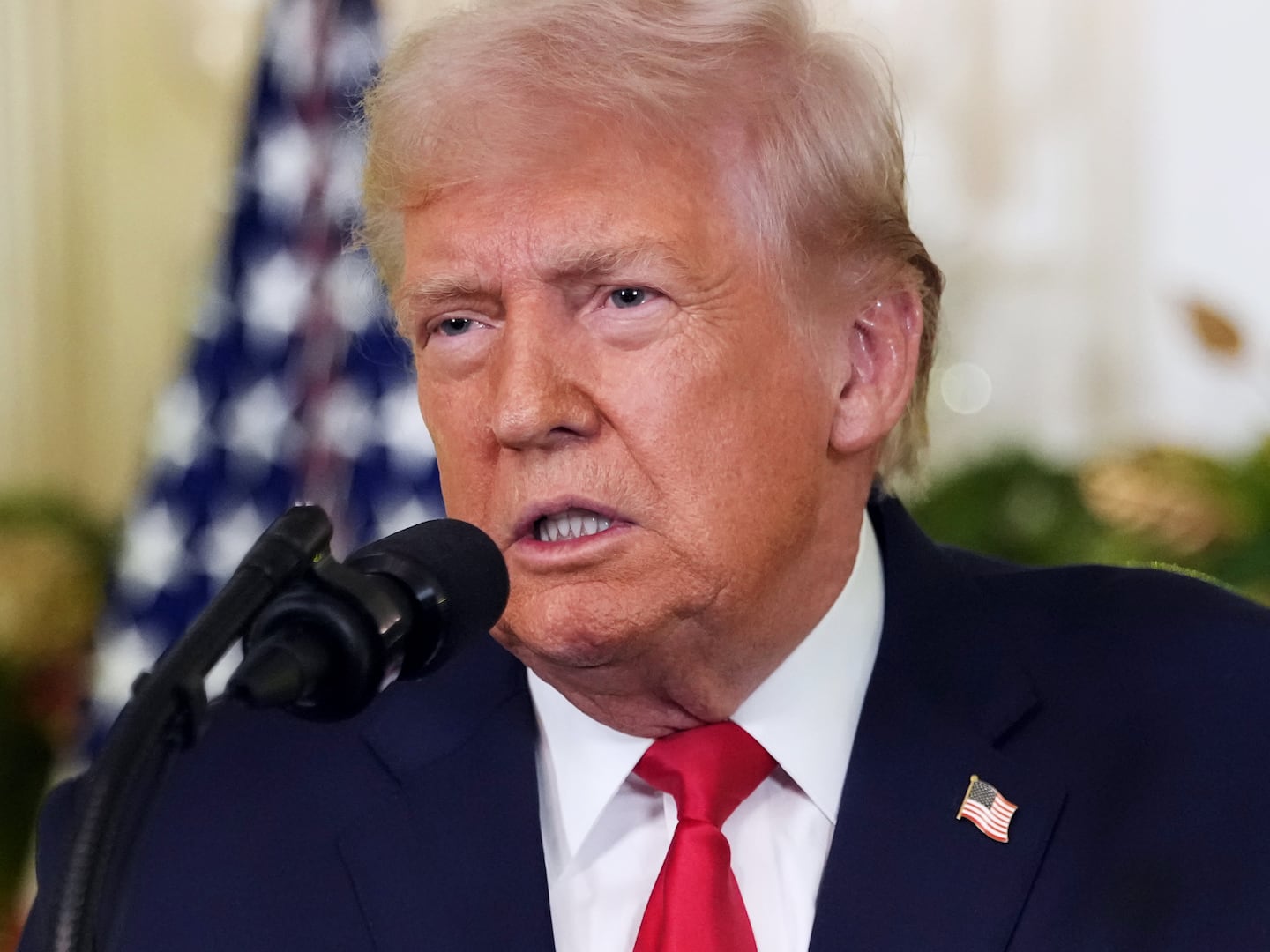
AFGHANISTAN "America cannot do this alone. The Afghan people need our troops and your troops; our support and your support to defeat the Taliban and al Qaeda, to develop their economy, and to help them rebuild their nation."
President Obama has boosted US troop numbers in Afghanistan to 59,000—nearly double their levels a year earlier—and called on allies to up their contributions from his first weeks in office. But he might have a hard time just keeping them from withdrawing, let alone sending more troops. While some allies, including Britain, Italy, and Asutralia, are temporarily sending more forces to maintain security during upcoming elections, public opinion in a number of European countries has soured on the Afghanistan conflict, where rising casualties and expanded combat operations have helped push the war back into the front pages.
FOREIGN AID "And this is the moment when we must give hope to those left behind in a globalized world. We must remember that the Cold War born in this city was not a battle for land or treasure. Sixty years ago, the planes that flew over Berlin did not drop bombs; instead they delivered food, and coal, and candy to grateful children."
Even with a difficult budget situation, President Obama has definitely placed a strong emphasis on aid as part of his overall foreign policy. House and Senate committees have approved bills that would boost State Department spending, including humanitarian assistance and development programs, by 25 percent from 2008 levels. Obama hopes to increase US foreign aid contributions from $34 billion in 2009 to $50 billion by 2015.
NUCLEAR DISARMAMENT "This is the moment when we must renew the goal of a world without nuclear weapons...It is time to secure all loose nuclear materials; to stop the spread of nuclear weapons; and to reduce the arsenals from another era. This is the moment to begin the work of seeking the peace of a world without nuclear weapons."
It's only been six months, but there is definitely movement on nuclear disarmament, a national security issue that Obama has been interested in since his college days, when he penned op-eds for the Columbia Spectator on anti-nuclear activism. Negotiations with Russia on reducing nuclear stockpiles have been ticking along at a brisk pace, and Obama gave a major address in Prague in April on his vision for a nuclear-free world. Russian and US officials are currently working to flesh out a commitment between Obama and Russian president Dmitry Medvedev to cut their stockpiles of nuclear weapons by as much as a third.
RUSSIA "In this century—in this city of all cities—we must reject the Cold War mind-set of the past, and resolve to work with Russia when we can, to stand up for our values when we must, and to seek a partnership that extends across this entire continent."
Movement on the nuclear front (see above) shows that Washington and Moscow are talking, but a thawing of relations between the two countries still has a long way to go. Differences over hot button issues like cracking down on Iran's nuclear ambitions and the future of Russia's neighboring countries, for example, remain a problem. Despite these tensions, President Obama recently visited Russia and secured some help on Afghanistan. While former Soviet satellites are concerned that the US might leave them to be bullied by Russia in a bid to improve U.S.-Russian relations, Vice President Joe Biden recently drew jeers from Russian officials after pledging American support for Georgia.
GLOBAL ECONOMY "This is the moment when we must build on the wealth that open markets have created, and share its benefits more equitably."
President Obama has had a mixed record in getting Europe on the same page in combating the economic crisis, with some countries reluctant to match American goals for stimulus spending. He did, however, succeed in getting G-20 nations to commit to $1.1 trillion loans and guarantees through the World Bank and International Monetary Fund in order to rescue struggling economies during the global downturn. The House of Representatives recently passed legislation approving the U.S. share of the bill, a $108 billion credit line, but clashed with Obama over restrictions on how the money is used.
IRAN, IRAQ, AND ISRAEL "My country must stand with yours and with Europe in sending a direct message to Iran that it must abandon its nuclear ambitions. We must support the Lebanese who have marched and bled for democracy, and the Israelis and Palestinians who seek a secure and lasting peace. And despite past differences, this is the moment when the world should support the millions of Iraqis who seek to rebuild their lives, even as we pass responsibility to the Iraqi government and finally bring this war to a close."
Iran's recent election fiasco has isolated it further, and poses a difficult problem for Obama and other countries that still hope negotiations can convince the regime to abandon its alleged quest to obtain nuclear weapons. As for Israel, Obama has made the biggest waves by insisting that Israel freeze settlement growth entirely, a move that's earned the shock and indignation of new Prime Minister Benjamin Netanyahu. In Iraq, Obama withdrew U.S. troops from Iraqi cities last month as part of a timeline negotiated by his predecessor, a crucial step towards ending the war.
CLIMATE CHANGE "Let us resolve that all nations—including my own—will act with the same seriousness of purpose as has your nation, and reduce the carbon we send into our atmosphere."
At the G-8 meeting in L'Aquila, Italy this month, the group of developed nations reached an agreement to reduce global greenhouse emissions by half before 2050 and by 80 percent in their own countries by that time. But the big prize will be getting India and China on board, whose large populations and rapid economic growth pose a major challenge to blunting the impact of climate change. Negotiators are hoping to make strides in December, when the United Nations Climate Change Conference is scheduled to take place in Copenhagen. Meanwhile, the White House scored a major success in advancing climate change legislation in its own backyard—the House narrowly passed a milestone climate change bill, though pushing it through the Senate may prove more difficult.
Benjamin Sarlin is a reporter for The Daily Beast. He previously covered New York City politics for The New York Sun and has worked for talkingpointsmemo.com.






